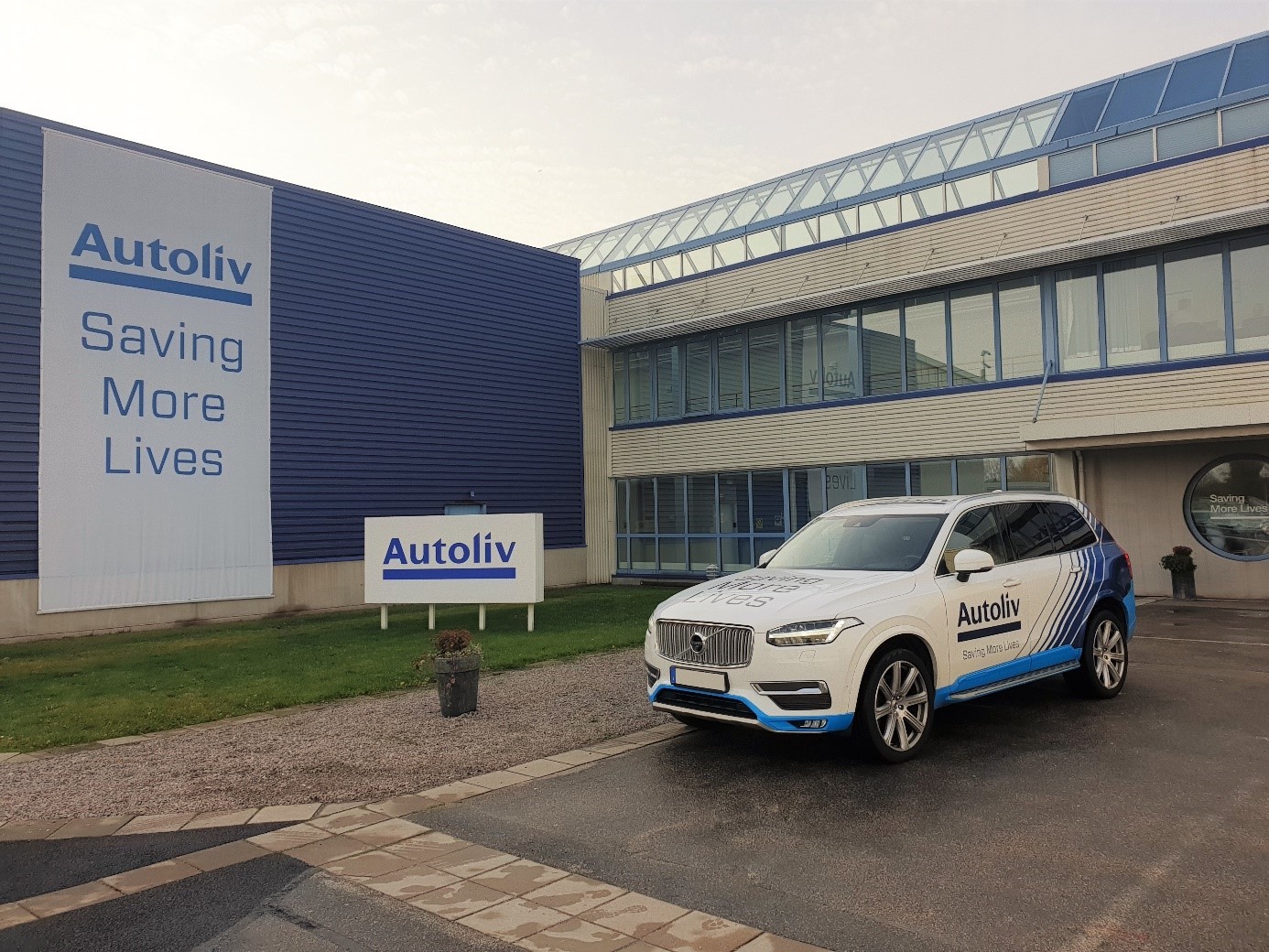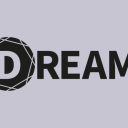Autoliv, Inc. is the worldwide leader in automotive safety systems, and through our subsidiaries we develop, manufacture and market protective systems, such as airbags, seatbelts, steering wheels and pedestrian protection systems for all major automotive manufacturers in the world. Our close to 67,000 employees in 27 countries are passionate about our vision of “Saving More Lives” and quality is at the heart of everything we do.
Autoliv Research, in Vårgårda, Sweden, is aligned with both the UN Development Goals and Vision Zero. Our research efforts are directed through three principal areas: real-life traffic safety analysis, biomechanics and human factors, looking at the next generations for both our current product line-up as well other product areas including digital and connected services. Autoliv’s interest within the MEDIATOR project lies in the human factors and traffic safety analysis research areas.
In our ambition to saving more lives, it is key to gain deep insights into driver state during varied levels of manual, assisted and automated driving. This knowledge will enable us to further tune and deploy safety measures appropriate to the user in a given context. Autoliv Research brings its long experience with on-the-road driver state assessment to the project, covering both driver inattention and driver fatigue. Additionally, we contribute with our state-of-the-art test vehicle, a Volvo XC90, equipped with level 2 automation, eye tracking and fully customizable instrument and media displays. This vehicle will be used in the on-road studies on driver state and fatigue assessment in Task 1.2.
With the arrival of higher levels of automation into our vehicles, is it key to analyse and estimate the safety potential of these systems. Autoliv brings its 60 years of traffic safety expertise into MEDIATOR by leading Work Package 4, using statistical methods to predict and assess the impact of the mediator system in a future real-world deployment. In this work package, we will also make recommendations for regulation and develop protocols for low cost laboratory testing for MEDIATOR.



